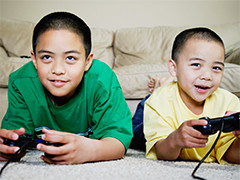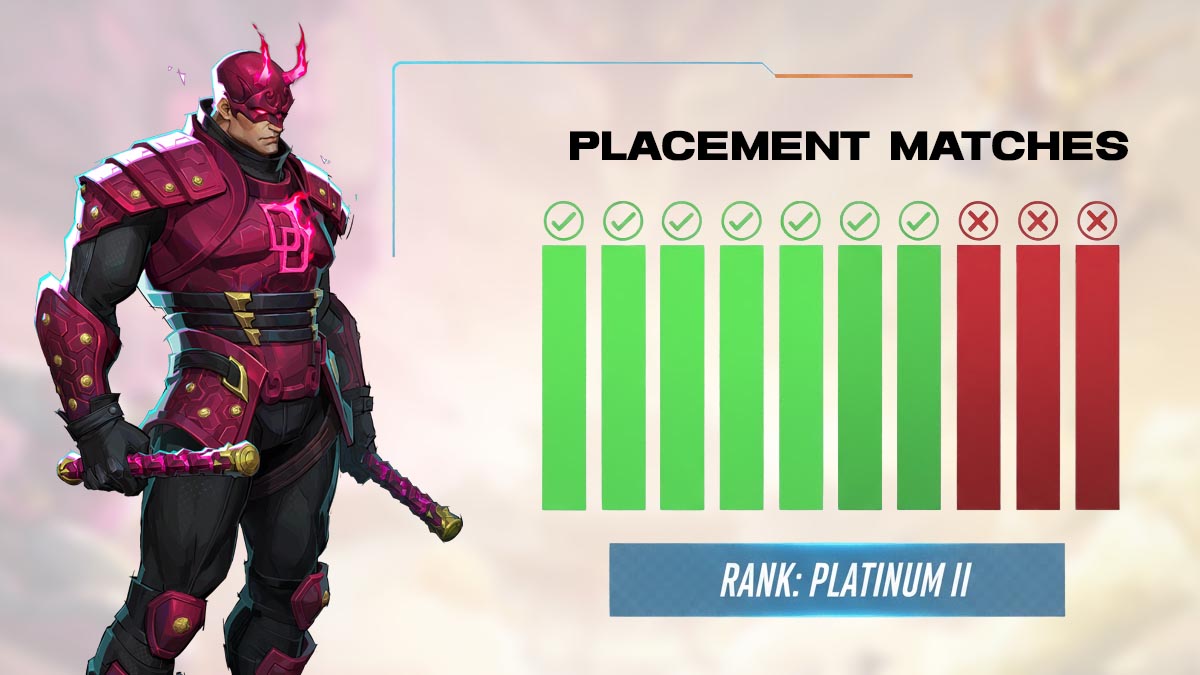You can trust VideoGamer. Our team of gaming experts spend hours testing and reviewing the latest games, to ensure you're reading the most comprehensive guide possible. Rest assured, all imagery and advice is unique and original. Check out how we test and review games here
The amount of time spent playing video games has a far greater effect on children’s behaviour than the type of games they play, a new study has found.
According to research carried out by the University of Oxford, children who play games for more than three hours a day “are more likely to be hyperactive, get involved in fights and not be interested in school”.
But that isn’t a result of playing violent video games, the university suggests, who says that it could not find any link “between playing violent games and real-life aggression or a child’s academic performance”.
Meanwhile, playing video games for under an hour a day may actually help improve children’s abilities to socialise, with those who play games with a co-operative or competitive element displaying “significantly fewer emotional problems or problems with peers”.
Children who play solitary games “were found to do well academically and displayed fewer emotional problems or get involved in fights”.
“We can see links between some types of games and children’s behaviour, as well as time spent playing,” said the University of Oxford’s Dr Andy Przybylski. “However, we cannot say that game play causes good or bad behaviour. We also know that the risks attached to game-playing are small. A range of other factors in a child’s life will influence their behaviour more as this research suggests that playing electronic games may be a statistically significant but minor factor in how children progress academically or in their emotional wellbeing.”
“These results highlight that playing video games may just be another style of play that children engage with in the digital age, with the benefits felt from the act of playing rather than the medium itself being the significant factor,” added the paper’s co-author Allison Mishkin.
Earlier this week it was reported that headteachers may report parents to police and social services for allowing their children to play 18-rated video games.
Source: University of Oxford (via eurekalert.org)






